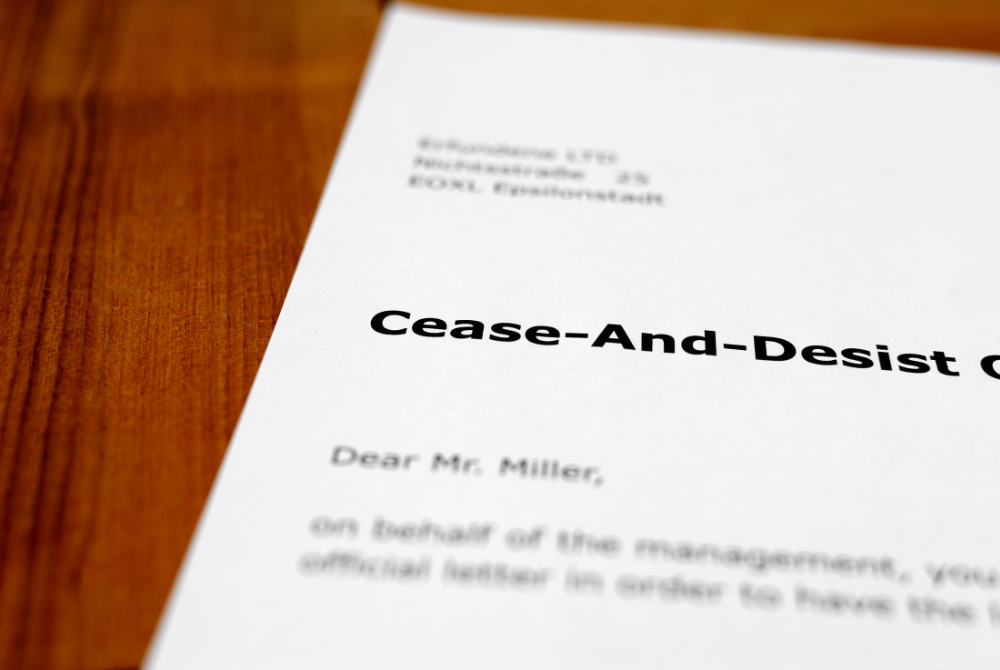As we have covered on this blog previously, one rule of thumb in intellectual property law is: “Just because you can does not mean you should.” This applies to copyright infringement in the commercial space, where the onus is on the copyright owner to decide whether or not it is worth via tools like sending DMCA takedown notices.
We see this playing out in a recent story revolving around the word game Wordle and the defensive actions taken by its owner of the game’s copyright: The New York Times.
The Value of Wordle & NYT’s Defense: DMCA Takedown Notices
If you have not played Wordle, it is an app-based game in which players try to correctly guess letters inside a grid that make up a specific word. Wordle’s popularity skyrocketed a few years ago, leading to its sale to The New York Times (NYT) in 2022 – and a hefty check for its creator, Josh Wardle. Since then, NYT has racked up millions of subscribers. Its commercial value is clear.
Unsurprisingly, knockoff versions of Wordle have emerged since its creation. In fact, the code was open source at first, as Wardle originally created the game as a gift to his wife. When NYT bought Wordle, people continued to create their own Wordle-like games.
This year, NYT decided to crack down on that practice. They sent several DMCA takedown notices to creators of knockoff Wordle games, many via Github. Those notified include creators of Australian and Yorúbàn language versions of the game.
Most importantly, NYT targeted Reactle, a JavaScript clone of the original game. Its creator, Chase Wackerfuss, created this version to open up a version of the code to people learning software engineering and other curious folks. Over 1900 permutations of word games came out of this free code.
Grounds for Infringement? Sometimes It’s Just Easier to Comply
So, how did creators react? Most relinquished their spinoff versions of the game with a sigh. The creator of AusErdle pointed out that its existence was mainly educational, and he did not receive money for it – nor did he ever plan to grow its commercial magnetism. Other creators echoed similar sentiments – even those with hundreds of thousands of subscribers are a drop in the bucket compared to NYT’s hundreds of millions.
And some argued that, since their value was purely educational, NYT would not have ground to stand on if they pursued real copyright infringement claims. As we know, some unlicensed copying of work is allowed for educational purposes.
Regarding Reactle, Wackerfuss removed his JavaScript version from Github without plans to redevelop. He joined with other creators in basically calling out NYT for shutting down coding creativity on the internet.
In other words, from his perspective, NYT is shutting down something that people were doing for fun and that posed no real threat to their commercial livelihood – the equivalent of a draconian parent turning the lights out on a slumber party on a Saturday night.
This is the power of DMCA takedown notices: rather than engaging in a meaningful dialogue about whether or not copyright infringement is taking place, alleged infringers frequently simply choose “lights out.” They do not have the time, energy, or money to appeal the notice.
Was It Worth It for The New York Times?
What did the New York Times achieve by eliminating so many small fries on the internet?
The answer to this question depends upon your perspective. From the perspective of companies like The New York Times, they are protecting a valuable IP asset and trying to maintain control over how their IP assets are used by others.
This is a smart business move. If copyright owners don’t police and protect their copyrights, the copyright assets lose value over time.
This is true throughout the business world. If creators and businesses do not protect their IP assets, they can lose the value of the IP asset for their business. A little bit of infringement can lead to a ton of infringement over time, which diminishes the value of the asset.
